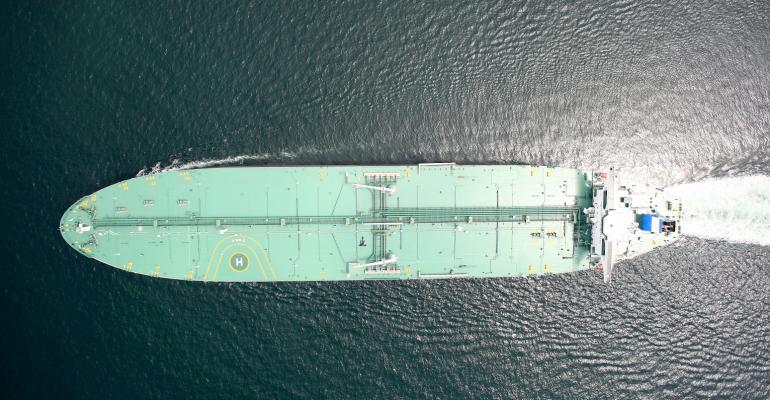Rystad Energy estimates that the world has a total of 1,572bn barrels of recoverable oil reserves, but only about 1,200bn barrels are likely to be economically viable before 2100 and $50 per barrel. The fall is partly down to 30m barrels of oil produced last year and also a substantial reduction of 120bn barrels in undiscovered resources. Leasing bans on federal land in the US will mean that a further 20bn barrels stay in the ground, Rystad said.
Commenting on the findings, the firm’s head of analysis, Per Magnus Nysveen, said: “While the drop in oil availability is positive news for the environment, it may threaten to further destabilise an already precarious energy landscape. Energy security is a matter of redundancy; we need more of everything to meet the growing demand for transport, and any action to curb supply will quickly backfire on pump prices worldwide, including large producers such as the US. Politicians and investors can find success by targeting energy consumption, encouraging electrification of the transport sector, and drastically improving fuel efficiency.”
Rystad has also updated its estimated of total undiscovered oil, with a sharp reduction from one trillion barrels in 2018, to 350bn barrels today. This, the firm explained, was due to a rapid collapse in investor appetite for exploration exposure, leading to fewer government leases.
This downward revision is good news for carbon compliance, Rystad said, but could have negative consequences for global energy security, particularly if electric vehicle adoption falls short of expectations.
Copyright © 2024. All rights reserved. Seatrade, a trading name of Informa Markets (UK) Limited.
Add Seatrade Maritime News to your Google News feed.  |

